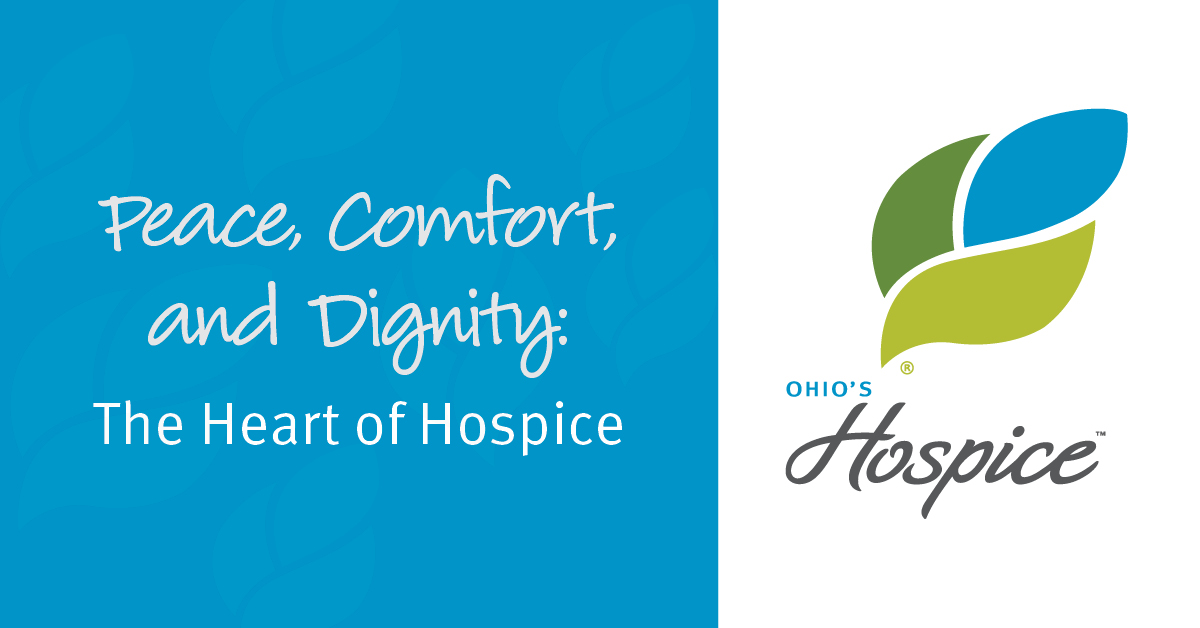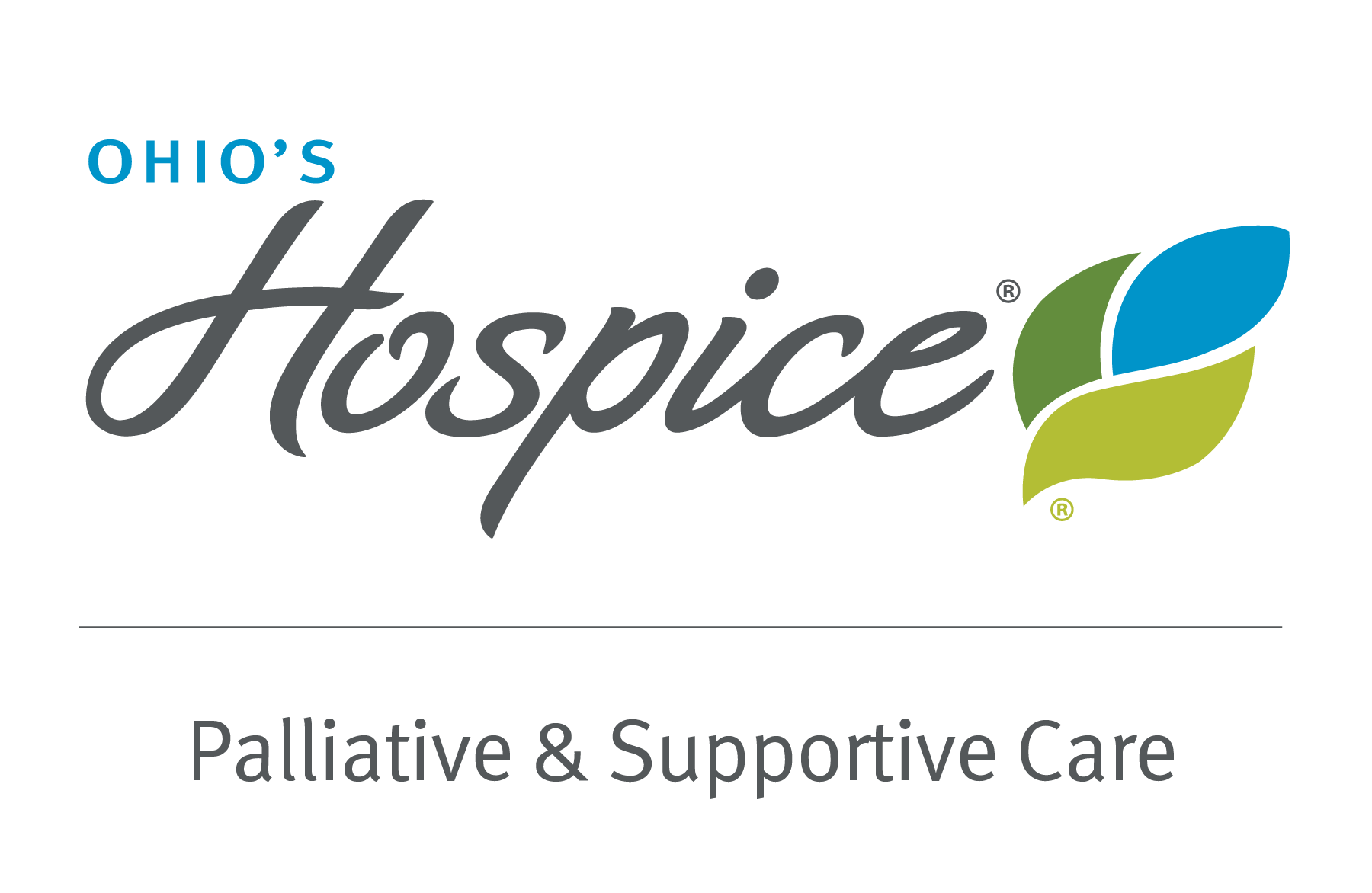
Peace, Comfort, and Dignity: The Heart of Hospice
What is hospice? What does it do?
As a hospice CEO, I’ve given tremendous thought to this question from both a practical and philosophical perspective. But when I ask others, I am amazed at the staggeringly diverse responses I hear. Common descriptions of what hospice entails include anything from working with social workers and physicians to receiving personal care and/or spiritual visits. Many suggest that hospice provides equipment, medications, counseling, and bereavement support.
While all of these things are true, hospice actually consists of much more. It’s about peace, comfort, and dignity. It’s less about what we do—and more about the effect we have on patients and families.
The Beginnings of Hospice
To fully understand the nature of hospice, it is important to know its history. The hospice movement began with a small group of like-minded individuals who set out to improve the end-of-life experience for people in their community. These volunteers recognized a need and stepped forward to make a difference, one patient at a time. There was no reimbursement—it was simply about caring for others.
As time progressed, these individuals became more vocal and organized, until the government finally recognized the value of their service. Thus, the Medicare Hospice Benefit was enacted, making hospice care a profitable field of work.
Profiteering in Hospice Care
The Medicare Hospice Benefit provided crucial financial support to hospice providers. Unfortunately, it also allowed profiteers to enter the field. In truth, most for-profit companies do provide excellent care and employ honest, caring people trying to make a difference.
Sadly, others are solely interested in hospice for its revenue stream and consider it an easy adjunct to the other services they already give. These facilities offer the minimum level of care that is required of all hospices and are still able to generate a significant profit.
Going Beyond Minimal Care
So when I ask the question, “What is hospice?” many people respond with an answer that only includes the minimal care according to Medicare regulations. These basic amenities—nursing and aide services, necessary equipment, medications, doctors, and social workers, are all mandatory to be eligible for participation and receive payment in the Medicare Hospice Benefit.
But I am a firm believer that hospice can and should be so much more. Hospice is about creating an environment where patients and their families can feel secure at the end of life. It’s not about money, but providing the kind of care that envelops the patient and their family in a blanket of peace and comfort. Working with the patients and their families to understand goals of care and helping them make end-of-life decisions is an essential part of this process.
It is imperative that we preserve the original intent of hospice care and continue to focus on providing peace, comfort, and dignity. This is our mission, and the heart of hospice.
To find a location near you, click this link to find our partners’ contact info.
Author Profile
Latest entries
 Media ReleaseJanuary 1, 2024Community Hospice to Join Ohio’s Hospice Strategic Partnership
Media ReleaseJanuary 1, 2024Community Hospice to Join Ohio’s Hospice Strategic Partnership #CelebratingLifesStoriesNovember 21, 2023Priesthood, Shelters and Hospice Care: A Life of Service for Barbara Parini
#CelebratingLifesStoriesNovember 21, 2023Priesthood, Shelters and Hospice Care: A Life of Service for Barbara Parini News and UpdatesJuly 28, 2023Ohio’s Hospice Volunteer Experiences Hospice Care as a Loved One
News and UpdatesJuly 28, 2023Ohio’s Hospice Volunteer Experiences Hospice Care as a Loved One News and UpdatesJuly 19, 2023The Not-for-Profit Difference
News and UpdatesJuly 19, 2023The Not-for-Profit Difference

